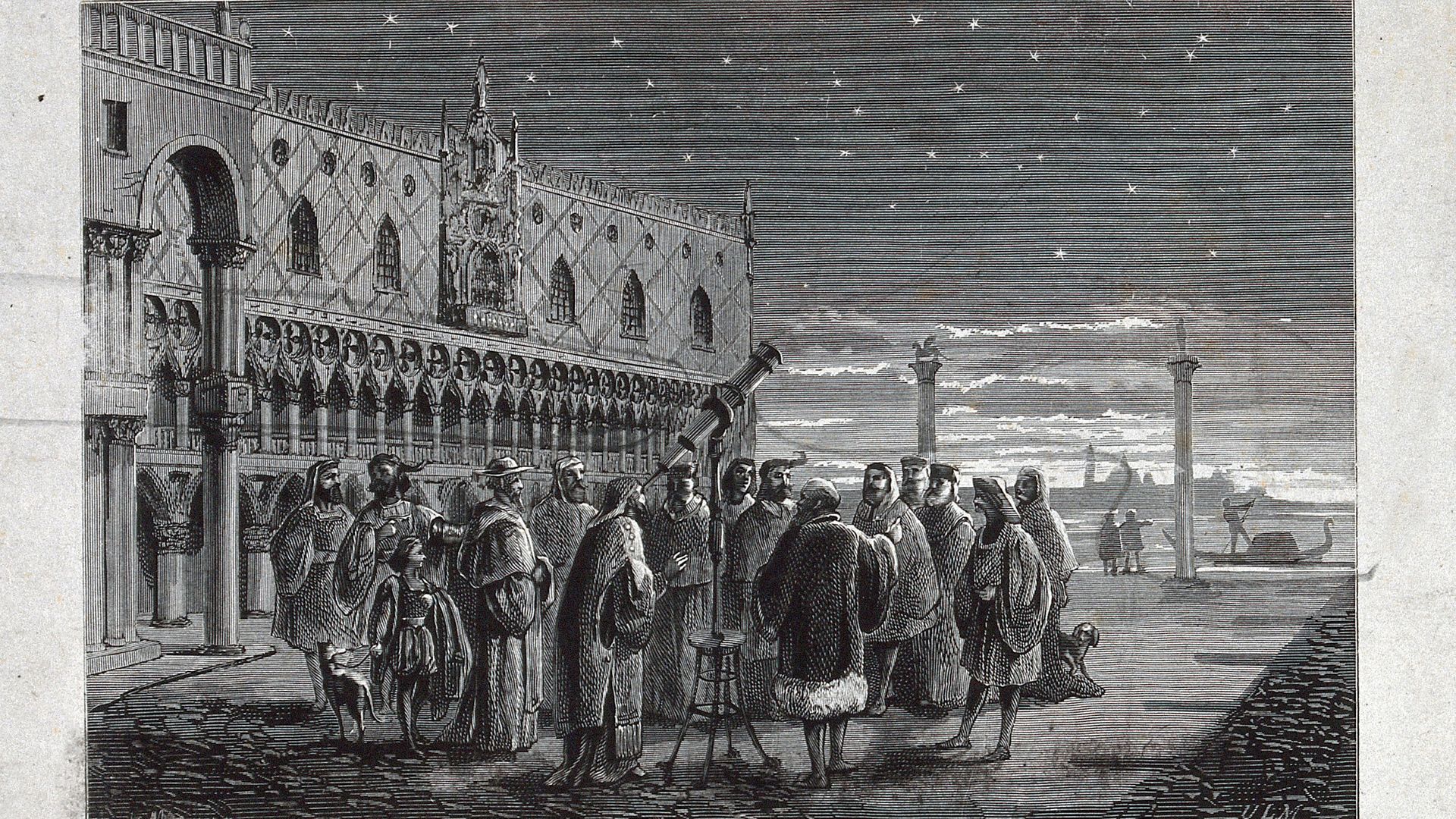These past few months have been apocalyptic in the literal sense of the term. We have faced a global pandemic, record unemployment, a video of the lynching of Ahmaud Arbery, another viral video of the slow murder of George Floyd by police, rioting in cities across the nation, and, as I write this, the gassing of peaceful protesters and clergy members in D.C.
Apocalypse means “to unveil,” and this year continues to unveil vast inequalities in our health care system and economy. It unveils whole HR systems that do not provide adequate sick leave for employees. It unveils deeply entrenched racial injustice that persists in every city in America.
In the midst of societal upheaval, many of us can feel that our ordinary work is small, even meaningless. How can we muse about the redemption found in a cubicle, an assembly line, a kitchen, or a farmer’s field when cities are on fire? Is it twee and dripping with privilege to seek God amid daily chores when Black brothers and sisters are weighed down with injustice and state-sponsored violence?
I have been invited to speak to a group of students about work and vocation, and the event organizers wrote me back this week wondering if it is still appropriate to discuss these topics. In times of both personal and public pain, ordinary work can seem like merely a distraction from the more urgent need and struggles in the world.
But Christ’s incarnation witnesses to the meaning and holiness found in quiet, ordinary work. Jesus came into a world of plagues and riots. He lived his life amid a vast, oppressive empire that was full to the brim with injustice, oppression, brutality, and political corruption. Yet, he spent most of his life doing quotidian work in obscurity. For decades, Jesus did not heal people of leprosy; he did not challenge the political system of his day; he did not raise the dead; he did not cast out demons. He did blue-collar work.
Of course, that isn’t all he did. In the final three years of his life, he took up his public ministry. He preached and he healed people. He insulted Herod and threatened the ruling political and religious classes enough that they put him to death. But, even during his public ministry, Jesus took time to be with Mary, to have meals with no-name friends, and to be alone and pray. He could have been spending that time in seemingly more important ways. As God, he could turn over empires. He could raise the dead. And yet, he passed time by napping in a boat, sitting with a friend, and building something sturdy.
We ought not use this as an excuse for quietism or apathy. Loving our neighbors, seeking justice, and serving “the least of these” are non-elective callings for every believer. But the incarnation of Jesus reminds us of the great dignity and overlooked vitality in our small, daily work. In these times of crisis, it is still holy to do good work. There is still comfort to be found in doing some commonplace task that adds beauty, goodness, or truth to the world, something as mundane as balancing a budget, doing chores, studying for a test, or getting through a to-do list.
And yet, while we find glory and consolation in our work, our vocations are not somehow separate from the brokenness and suffering in the world. They participate in systems steeped in evil, exploitation, or injustice.
So even as we find needed goodness in a job well done, we also must lament the ways that our work is marred by sin and prayerfully seek justice in and through our work. In our own sphere, we can take up the challenge of making long-term changes to form work places and work cultures that are more humane and just. We grieve the darkness in our world and in our vocational lives, and then take up our ordinary work to join God in making all things new.
